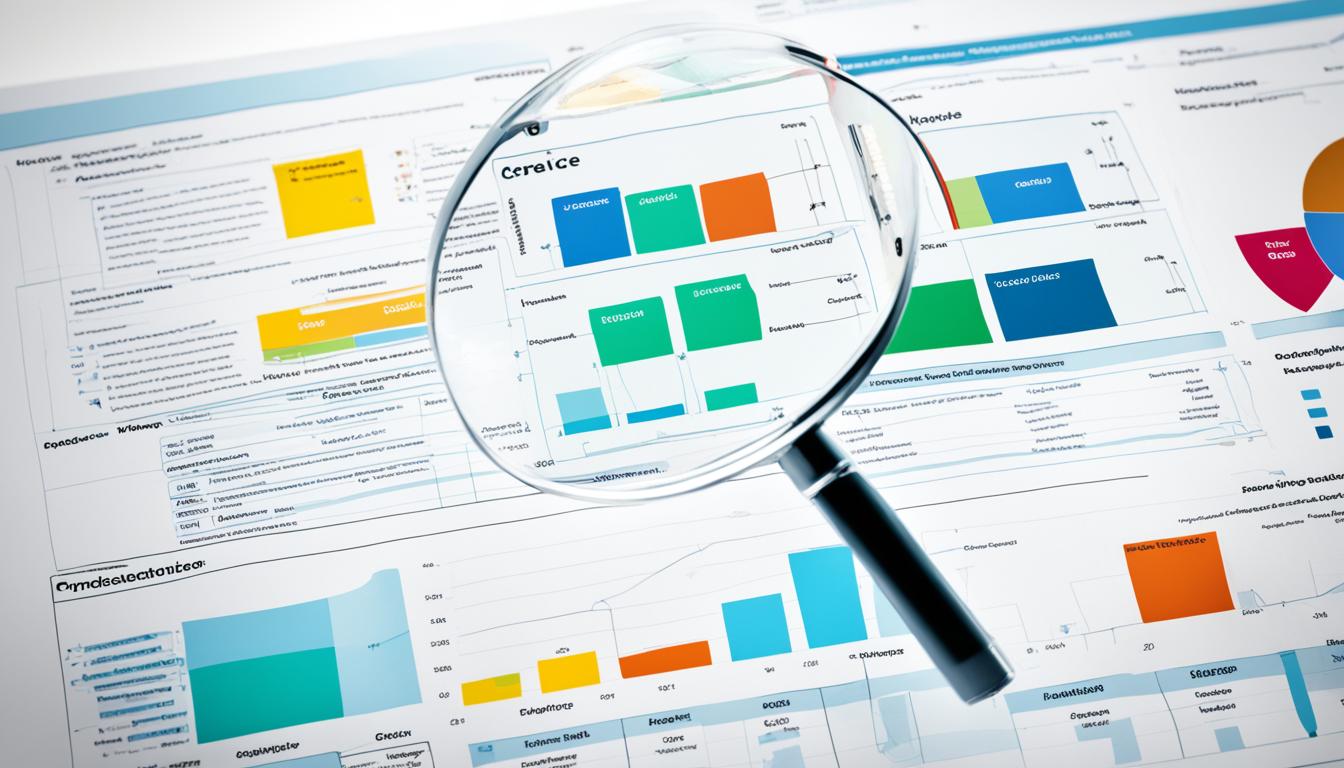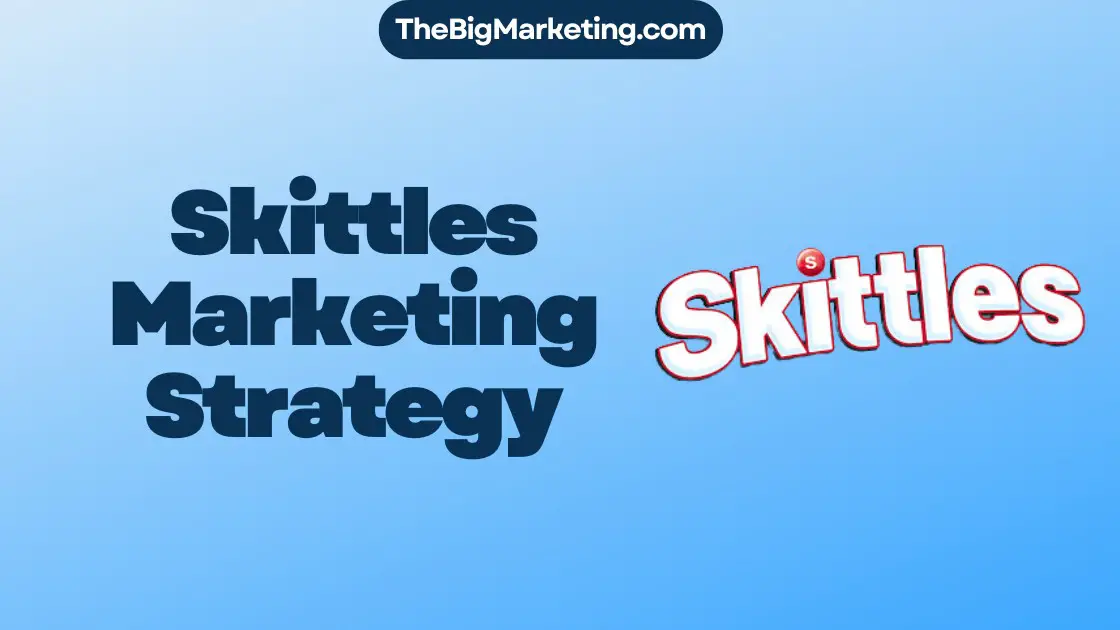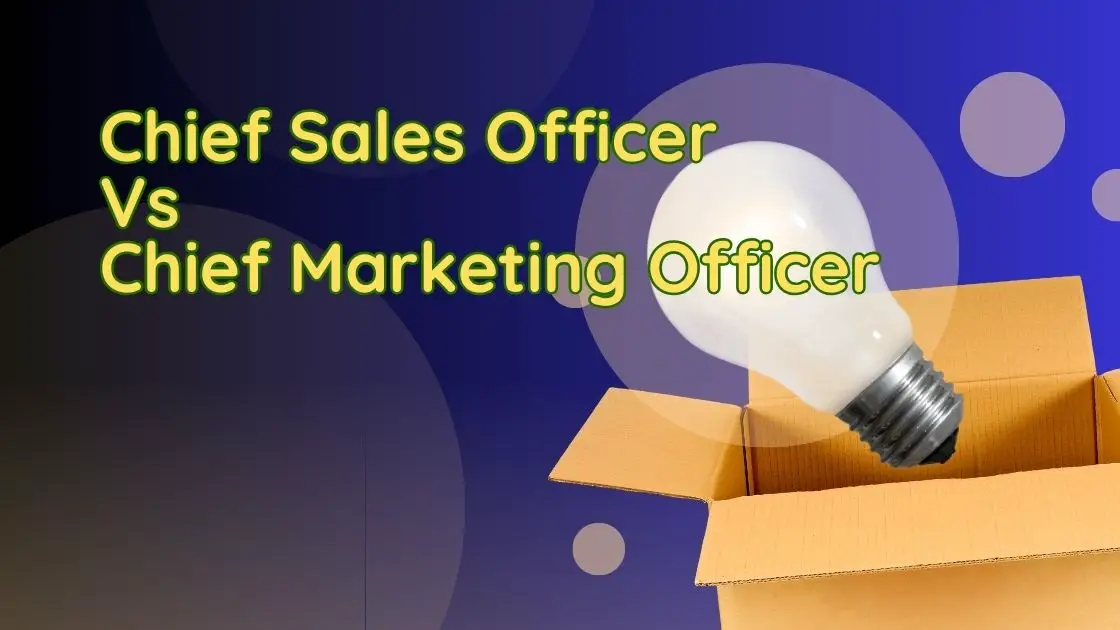Social media marketing (SMM) is vital for digital marketing. It helps businesses connect with their audience, boost their brand, and get more traffic to their website. With social media always changing, staying updated on new trends and strategies is key.
SMM includes many techniques like ads and optimization. It also involves using analytics and tools. This article will talk about SMM’s power, its pros and cons, and its importance in the digital world today.
Key Takeaways:
- Social media marketing is a vital part of digital marketing strategy.
- It enables businesses to connect with their target audience and increase brand awareness.
- SMM involves various techniques such as advertising, optimization, analytics, and tools.
- Keeping up with social media trends is crucial for successful SMM.
- Understanding the advantages and disadvantages of SMM helps businesses make informed decisions.
The Power of Social Media Marketing in Connection, Interaction, and Customer Data
Social media marketing is a game-changer for businesses. It lets companies use social media to connect with customers and gather precious data. By engaging on these platforms, companies can boost their brand and get closer to their audience.
Interacting with customers on social media is incredibly valuable. Through likes, comments, and shares, businesses can directly engage with their audience. This interaction encourages people to spread the word about the brand, acting as free advertising.
Tracking how well your brand does on social media is also key. You can look at the number of followers, likes, and comments. This info helps you understand your brand’s online impact and guides your marketing choices. Using this data, companies can spot trends and customize their plans to target the right customers.
Knowing if your social media campaigns are working is essential too. You can monitor engagement, reach, and other important metrics. By observing these numbers, companies can tweak their strategies to be more effective and make choices based on solid data.
Viral marketing is a big part of social media success. When users share their reviews or content that goes viral, it boosts the brand’s exposure and trustworthiness. This kind of organic sharing brings in new customers and increases interaction.
| Advantages of Social Media Marketing in Connection, Interaction, and Customer Data | Benefits |
|---|---|
| Increased brand visibility and customer engagement | Amplified reach and improved customer loyalty |
| Opportunity for free viral advertising through eWOM recommendations | Cost-effective exposure and increased brand equity |
| Precise customer segmentation and targeted marketing | Improved conversion rates and ROI |
| Tracking metrics for market analysis and informed decision-making | Data-driven approach for strategy refinement |
| Enhanced customer-generated content and viral marketing | Increased brand reach and credibility |
In short, social media marketing helps businesses make meaningful connections with customers and enhance interaction. Through viral marketing and focusing on specific customer groups, brands can expand their reach and understand market dynamics better. Using metrics, businesses can see how effective their campaigns are and improve their strategies for better success.
Why Social Media Marketing is Essential in the Digital Age
In today’s world, social media marketing is a key part of digital marketing plans. Social media is everywhere, and its marketing methods are effective. This makes it a must for companies to use social media. With 4.76 billion users around the world, the chance for cost-effective exposure is huge.
Social media marketing lets companies talk directly with potential customers. They can promote their products and services. Also, they can build their brand’s visibility. The real power of social media is in its real-time communication. It allows for meaningful chats between businesses and people.
However, it’s key to note that social media marketing needs regular upkeep. It can sometimes bring unwanted negative feedback. Companies need to watch their social media closely. They should manage their reputation online. This means keeping an eye on comments and messages, and replying quickly and nicely.
Even with these points in mind, social media marketing has more positives than negatives. It gives companies a way to use social media platforms. They can connect with customers easily and affordably.
| Benefits of Social Media Marketing | Marketing Techniques |
|---|---|
|
|
Advantages of Social Media Marketing
Social media marketing has many benefits for companies. With a strong social media plan, they can grow their brand. They can also get more website visitors and share content easier and quicker.
Increasing Brand Awareness
Social media is great for making more people know about your brand. When companies post interesting stuff often, more people notice them. They also make sure the right people see their message at the best time.
Driving Website Traffic
It’s a good way to bring more people to your website. By posting links, companies guide people to specific pages. This boosts website visits and helps turn visitors into customers.
Facilitating Content Distribution
Businesses can share their content easily with social media. They can use it to share blog posts, videos, and more. By using different platforms, they can reach more people.
Encouraging Regular Interaction
This marketing gives companies a chance to talk more with their audience. They can chat, message, and use fun features on social media. This helps build stronger relationships with customers.
Gaining Valuable Industry Insights
Social media gives lots of data on what consumers like and the latest trends. By looking at this data, companies can make smarter choices. They can stay ahead of their competition.
Using social media marketing helps businesses in many ways. It boosts brand awareness and brings more visitors to websites. It also makes sharing content easier. Plus, companies can talk with their customers often and learn a lot from data. Social media marketing is key in today’s digital marketing world. It gives businesses many chances to grow and do well online.
Disadvantages of Social Media Marketing
Social media marketing might seem great, but there are drawbacks to consider. Knowing these can help make your campaign better.
Time and Effort
It takes a lot of time and hard work to shine on social media. You have to keep up with your audience and create cool stuff. This means putting in the hours and having people ready to make it happen.
Platform Algorithms and Policies
Social media sites keep changing their rules and how things work. This can make your posts less visible to people. It’s key to keep up and adjust your plan to stay on top.
Public Forum for Complaints
On social media, anyone can share their bad experiences with the world. If not fixed right, it can hurt your brand’s name. You must quickly solve any issues to avoid damage.
To do well in social media marketing, be ready for these challenges. With the right plan, you can overcome them and grow online.
| Disadvantages | Impact |
|---|---|
| Time and Effort | Requires a significant investment of resources and ongoing management |
| Platform Algorithms and Policies | Navigating frequent algorithm updates and policy changes |
| Public Forum for Complaints | Potential damage to reputation if complaints are not handled properly |
The Role of Social Media in Reaching a Large Audience
Social media is key in reaching many people. It connects businesses with billions of users on platforms like Facebook, Instagram, TikTok, Twitter, LinkedIn, and Pinterest. This offers a great chance for businesses to be seen more and meet potential customers all over the world.
Businesses can grow their reach by using smart social media marketing. Let’s see how each platform helps in reaching more people:
- Facebook: It’s the biggest platform, with 2.8 billion users monthly. It’s great for sharing your brand with a wide audience.
- Instagram: With over 1 billion users, it’s big with the younger crowd. It’s perfect for marketing with pictures.
- TikTok: Famous for its short videos, TikTok has about 732 million users. It’s great for reaching young people with fun content.
- Twitter: With about 330 million users, Twitter is perfect for quick updates and conversations. It’s good for news and talking to customers.
- LinkedIn: With 774 million members, LinkedIn is where professionals hang out. It’s great for B2B marketing and sharing expert content.
- Pinterest: Pinterest has around 478 million users. It’s the best for businesses in fashion, food, and home decor.
Each platform has special features and user groups. This helps businesses make tailored social media strategies. Using the strengths of these platforms, businesses can meet their audience, get more visibility, and engage better.
The image above shows the social media platforms we talked about. It shows how businesses can reach a lot of people and connect broadly.
Next, we’ll look at the good things social media marketing brings. This includes more brand awareness, more website visitors, spreading content, chatting with your audience, and getting important insights about your industry.
Benefits of Social Media Marketing
Social media marketing brings lots of perks for companies. It lets businesses reach their audience and hit their goals.
Increase Brand Awareness
Social media has a huge audience and tools for boosting brand awareness. By posting engaging content regularly, businesses can make a strong online impression. They reach their audience better and leave a lasting impact.
Boost Website Traffic
Social media helps get more people to visit your website. With interesting content and links, it directs users to your site. This leads to more visits and might help your site’s search engine rank.
Facilitate Content Distribution
Social media is great for sharing your content widely and affordably. It helps your content reach more people quickly. This not only brings more visitors but also builds your brand’s credibility.
Enable Regular Interaction with the Target Audience
Social media lets businesses talk regularly with their audience. Through comments and messages, they can have real conversations. This helps businesses learn what customers want and offer them exactly that.
Provide Valuable Industry Insights
Social media is a treasure trove of customer and market insights. By keeping an eye on conversations and data, businesses learn about their market. These insights help them stay ahead in their field.
| Benefits of Social Media Marketing |
|---|
| Increase Brand Awareness |
| Boost Website Traffic |
| Facilitate Content Distribution |
| Enable Regular Interaction with the Target Audience |
| Provide Valuable Industry Insights |
Social Media Marketing KPIs and Metrics
To gauge the success of social media marketing, firms use Key Performance Indicators (KPIs) and metrics. These tools reveal the degree of engagement, reach, and conversions through social media efforts. By monitoring these indices, companies can judge their campaign’s impact and refine strategies.
Engagement Metrics
Engagement metrics track user interaction with content on social media. This includes likes, comments, shares, and clicks. Such metrics show how much the audience is interested in your content. By studying these, businesses can identify what content pleases their audience most.
Reach Metrics
Reach metrics count how many unique users see a social media post or campaign. This information highlights the content’s visibility and reach. Impressions, views, and followers are part of these metrics. They help companies understand their social media strategy’s success in reaching people and making an impression.
Conversion Metrics
Conversion metrics focus on the actions users take because of social media marketing. These actions can be website visits, form submissions, purchases, and more. Tracking these helps businesses see how well their social media drives real results and achieves goals.
| KPIs | Definition |
|---|---|
| Engagement Rate | Percentage of users who interact with content (likes, comments, shares, clicks) compared to the total number of users reached. |
| Reach/Impressions | Total number of users who have been exposed to a social media post or campaign. |
| Click-Through Rate (CTR) | Percentage of users who clicked on a link or call-to-action in a social media post or campaign. |
| Conversion Rate | Percentage of users who complete a desired action (e.g., purchase, form submission) after clicking on a social media post or campaign. |
By leveraging engagement, reach, and conversion metrics, businesses can deeply understand their social media marketing’s effectiveness. This approach, focused on data, encourages ongoing refinement and betterment of social media tactics for achieving goals.
Conclusion
In conclusion, social media marketing is key for digital marketing plans. It helps businesses grow their brand and get more site visits. They can also share content and talk to their customers regularly. Social media also gives important info about the industry. This helps companies stay updated and change their plans when needed.
But, to know if social media marketing works, companies must use certain measures. They should watch how people engage, how far their message reaches, and if it brings customers. By looking at these details, companies can understand what’s working. They can then make smarter choices to do better. This way, they can make the most of their social media work and meet their goals.
To make social media work well, businesses should use special tools. These tools help manage and study social media efforts. With the right tools, companies can make things simpler, keep an eye on important details, and stay ahead in the digital world.
To wrap it up, social media marketing has big perks and is vital for digital marketing. By tracking the right measures and using tools, companies can improve their social media game. This helps them reach more people and keep them interested. Making social media a big part of their marketing plan will help companies succeed online.







